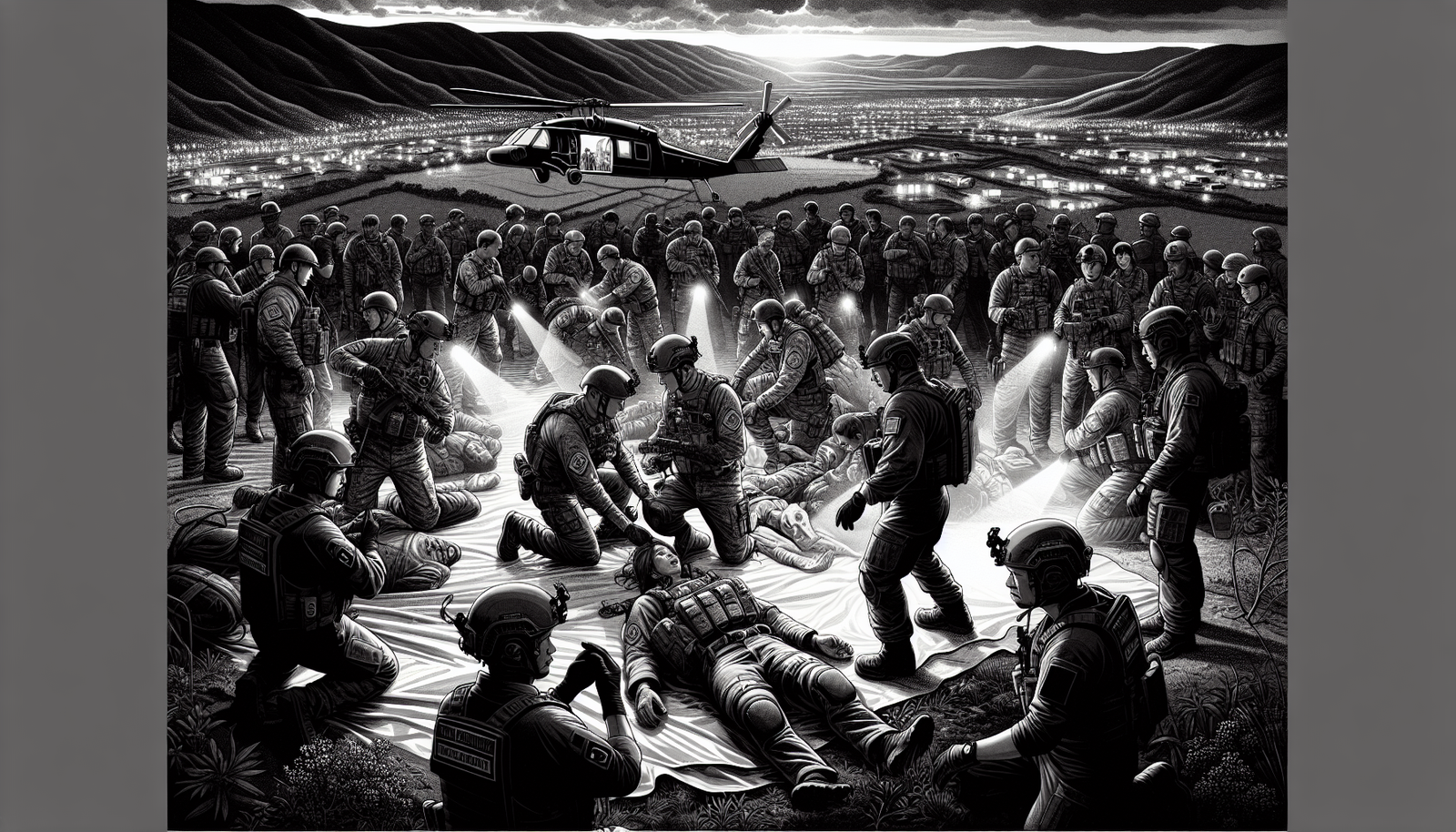
Collaborative Effort Between CBP and USBP
The United States Customs and Border Protection (CBP) Air and Marine Operations (AMO) aircrews, along with U.S. Border Patrol (USBP) agents, recently collaborated in a significant mission to rescue wounded undocumented migrants in Tucson, Arizona. This operation showcases the dedicated efforts of these agencies in addressing emergency situations at the border.
The rescue operations emphasized the critical and often perilous conditions faced by migrants attempting to cross the U.S.-Mexico border. Injured during their journey, the migrants were located and assisted by CBP and USBP agents, highlighting the collaboration between various border security units to ensure the safety and well-being of individuals in distress.
Border Patrols and Security Measures
The situation at the border has seen some shifts with increased patrols by Mexican authorities, including 24/7 desert patrols aimed at deterring undocumented crossings. This has positively influenced the situation by significantly reducing the number of irregular border crossings, from an estimated 1,600 per day to around 800 or 900. Despite these enhanced security measures, human smugglers continue to exploit existing gaps and interruptions in the border wall, guiding migrants through these vulnerable sections.
When encountered by Mexican authorities, migrants are often detained and referred to as rescues, due to the harsh conditions they face. These individuals frequently express fear of deportation to Mexico’s southern border, which adds complexity to the processing and handling of these scenarios at the border.
Legislative and Presidential Measures
Addressing the ongoing issues at the border, the U.S. Senate has proposed a bipartisan border security agreement. This sweeping bill includes provisions for additional funding aimed at increasing the number of Border Patrol agents, asylum officers, and immigration judges, which are crucial for managing the backlog of asylum cases. This legislative effort underscores the importance of comprehensive solutions to border security and immigration challenges.
Additionally, President Biden’s recent proclamation temporarily suspending the entry of certain noncitizens across the southern border has led to a notable decline in migrant encounters. This directive has resulted in a 50% drop in the seven-day average of such encounters, reflecting the impact of executive measures on managing border security.
In response to evolving threats, the Department of Homeland Security (DHS) has implemented more rigorous screening measures to identify gang members and individuals linked to transnational criminal organizations. This enhanced screening is part of broader efforts to ensure that those attempting to cross the border do not pose security risks to the U.S. public.
Amid these developments, the U.S. Border Patrol’s rescue operations continue at a significant pace. In June 2024 alone, agents conducted 461 rescues, bringing the fiscal year 2024 total to an impressive 4,068 rescues. These statistics illustrate the relentless efforts to aid and protect individuals in distress, demonstrating the crucial role of border security agencies in humanitarian missions at the nation’s borders.
